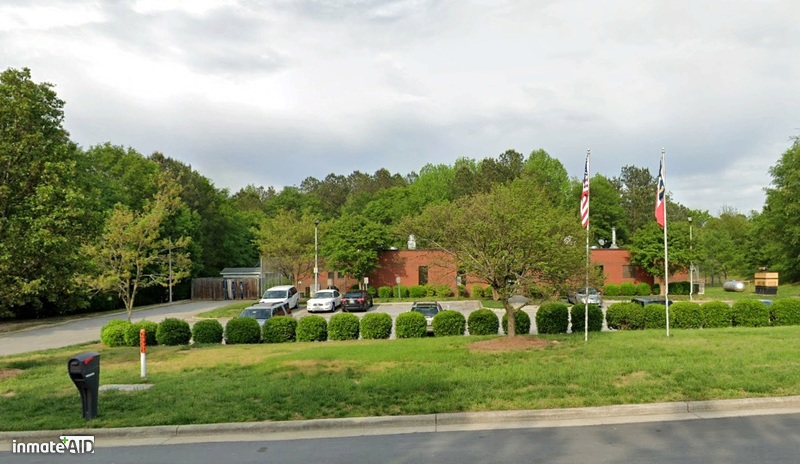Thank you for trying AMP!
You got lucky! We have no ad to show to you!
Connect with an Inmate
Wake Juvenile Detention Center
State Juvenile
Wake Juvenile Detention is for State Juvenile offenders have not been sentenced yet and are detained here until their case is heard.
All prisons and jails have Security or Custody levels depending on the inmate’s classification, sentence, and criminal history. Please review the rules and regulations for State juvenile - medium facility.
The phone carrier is Global Tel Link (GTL) - ConnectNetwork, to see their rates and best-calling plans for your inmate to call you.
If you are unsure of your inmate's location, you can search and locate your inmate by typing in their last name, first name or first initial, and/or the offender ID number to get their accurate information immediately Registered Offenders
You can support your loved ones at Wake Juvenile Detention on InmateAid, if you have any immediate questions contact the facility directly at 919-212-3104.
The Wake Juvenile Detention Center is within the jurisdiction of the North Carolina Department of Juvenile Justice located at 700 Beacon Lake Dr, Raleigh, NC.
The facility provides supervision of youth in a safe, secure and humane environment. Services for youth include education, mental health, substance abuse, and health care. Medical and mental health are contracted services. Educational services are funded by the North Carolina Department of Education through local school districts.
A typical day in secure detention would involve hygiene, meals, school, structured physical and educational activities, and court appearance as scheduled. The average length of stay in secure state detention is approximately 60 days.
Juvenile detention centers are secure, temporary facilities where a juvenile will stay while waiting to go to court or until a placement can be arranged. Juveniles are placed in detention by court order pending the hearing, disposition or placement. Prior to adjudication, the statute requires that the court review the need for continued secure custody so juveniles have frequent court appearances where alternatives to detention are considered. Youths are typically housed in a detention center closest to their home county. The centers receive admissions through assigned regions or catchment areas.
Juveniles transferred to Superior Court for trial as adults are housed in juvenile detention pending trial if they are not released on bond. Juvenile detention centers provide quality services and programs for juveniles based on their individual needs, to give youths opportunities for positive behavioral change and development. Juvenile detention centers provide a safe, secure, controlled and humane environment for juveniles and staff. All detention centers are co-ed and are staffed to provide appropriate oversight by same-sex staff members.
Upon admission to a juvenile detention center, each youth receives a mental health screening. More comprehensive mental health and substance abuse assessments are completed when screening indicates a need. A medical screening is conducted, with urgent or emergent follow-up medical services. These screenings assist the Division in more appropriately serving the youth in its care.
During a short-term stay at one of the Division's detention centers, youths are provided with basic educational services that mirror the course of study adopted by N.C. Department of Public Instruction. Treatment programming and services offered at each detention center varies according to the needs of the youth.









